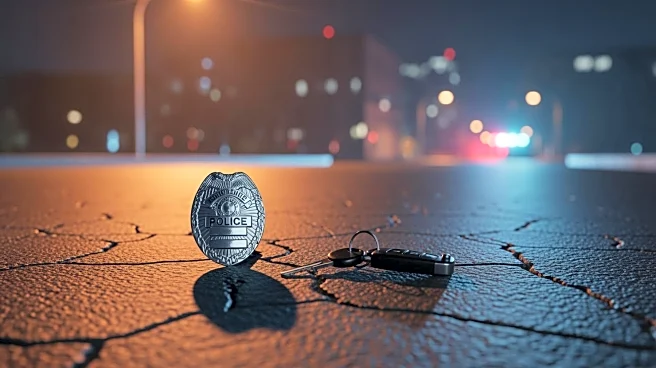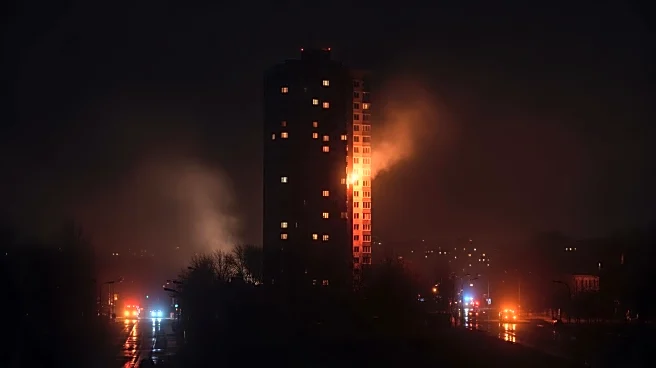Rapid Read • 8 min read
A BBC investigation has revealed that at least 245 Russian soldiers, aged 18, have been killed in Ukraine since the start of the full-scale invasion by Russia in February 2022. Despite promises from President Vladimir Putin that 18-year-olds would not be sent to fight, new government rules have allowed teenagers to bypass mandatory military service and enlist directly as contract soldiers. This change has been accompanied by incentives such as cash bonuses and patriotic propaganda, making military service an attractive option for young men, particularly from poorer regions. The investigation highlights the case of Alexander Petlinsky, who enlisted shortly after his 18th birthday and was killed in Ukraine just 20 days later. The report also notes that since the invasion began, Russian schools have been required to incorporate military training into their curriculum, further preparing students for enlistment.
AD
The recruitment of young soldiers and their subsequent high casualty rates underscore the human cost of the ongoing conflict in Ukraine. This development has significant implications for Russian society, particularly in terms of the ethical considerations of sending young, inexperienced individuals into combat. The policy also reflects broader socio-economic issues within Russia, where military service is seen as a viable career path due to limited opportunities in certain regions. The situation raises questions about the long-term impact on Russian demographics and the potential for increased domestic dissent as the human toll of the war becomes more apparent.
As the conflict continues, it is likely that the Russian government will face increasing scrutiny and criticism both domestically and internationally for its recruitment practices. The ongoing loss of young lives may lead to growing public discontent and pressure on the government to reconsider its military strategies and recruitment policies. Additionally, the international community may respond with further diplomatic or economic measures aimed at pressuring Russia to de-escalate the conflict.
The use of young soldiers in the conflict highlights deeper cultural and historical aspects of Russian military tradition, where service is often seen as a rite of passage. This practice also raises ethical questions about the manipulation of youth through state-sponsored propaganda and the role of education in preparing students for military service. The long-term psychological and societal effects on the families and communities of those who have lost young members in the conflict are also significant considerations.
AD
More Stories You Might Enjoy










